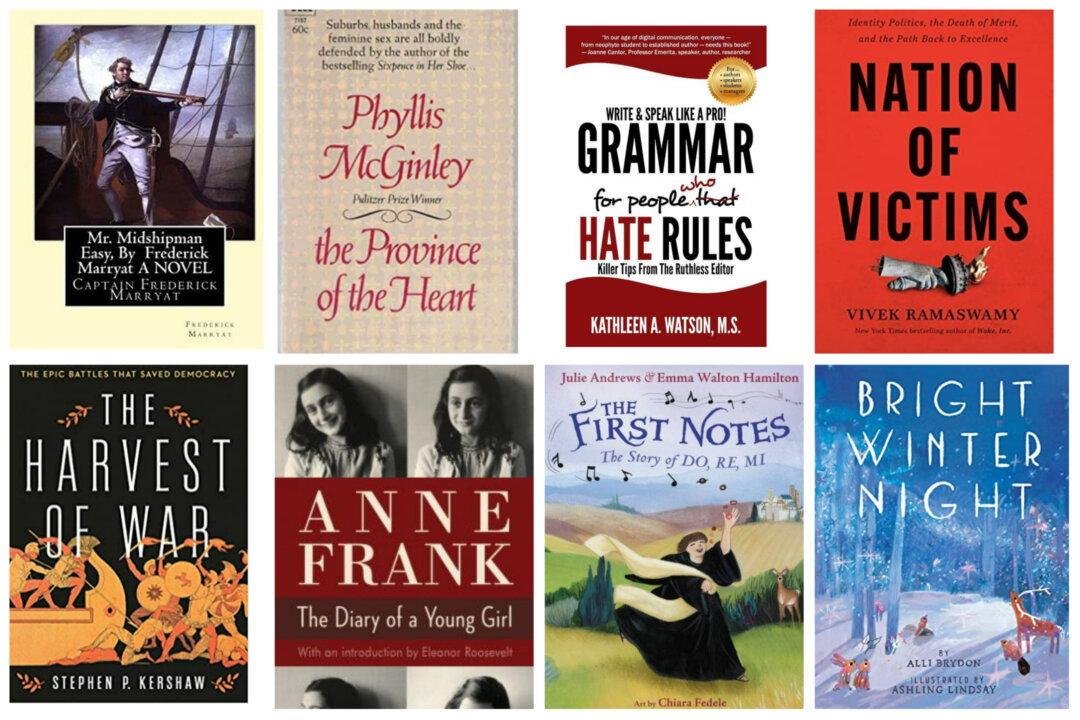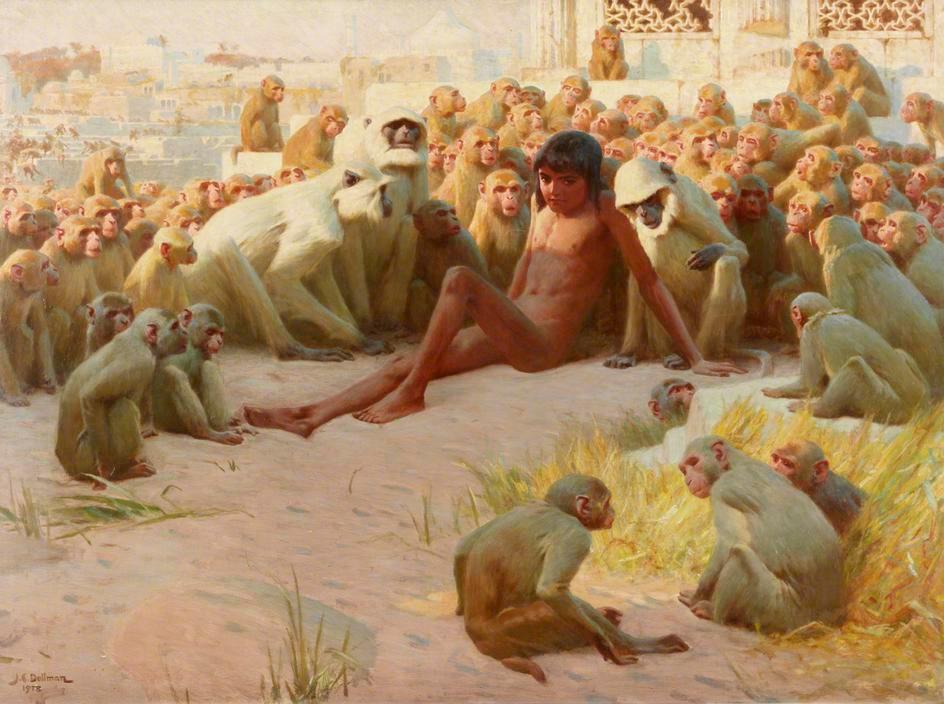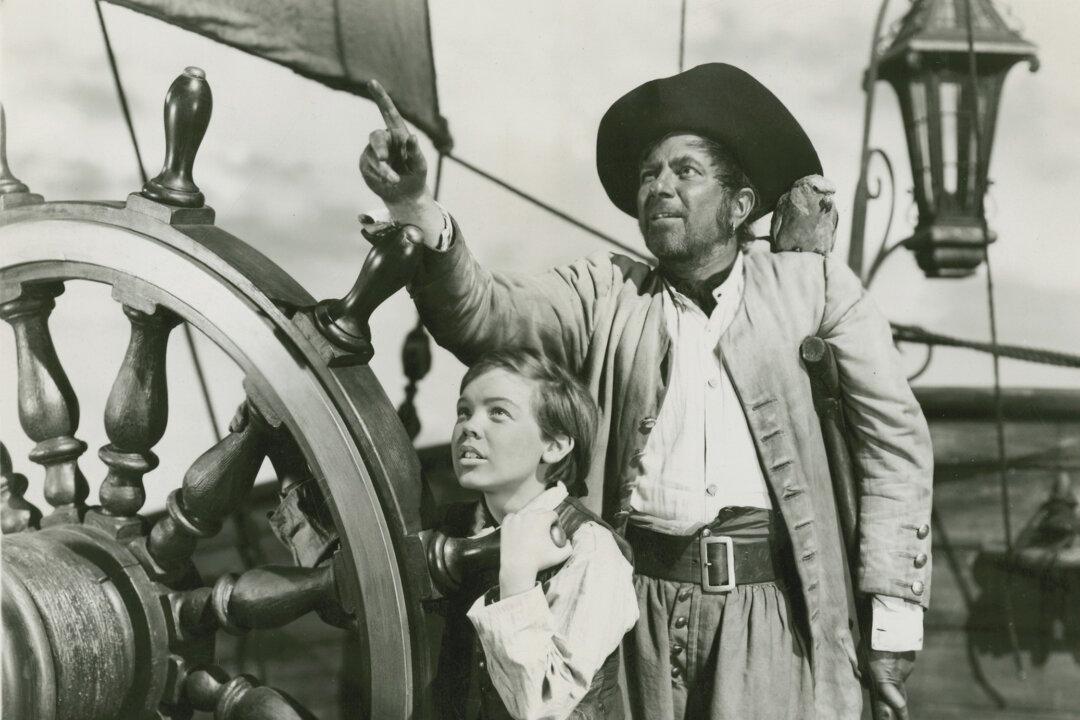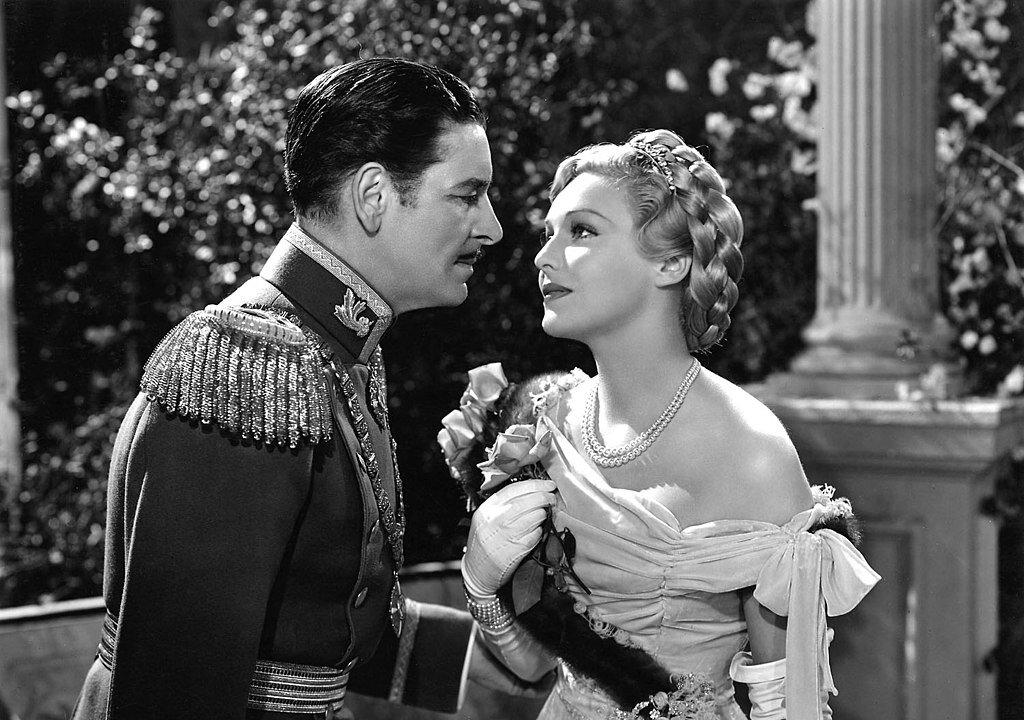Summer is not only a season that people love, but it is also a season when people fall in love. Warm temperatures encourage warm temperaments, and summer love is a thrill that most have some happy memory of, memories that are often like dreams.
What person does not look back on the laughing, lovesick capers of their youth, the days of mule-headed invincibility that gain strength in the haze of summer sun and the gaze of a beloved one, with at least some degree of fondness? The charms of adolescence are one of the most beautiful jokes of creation.





